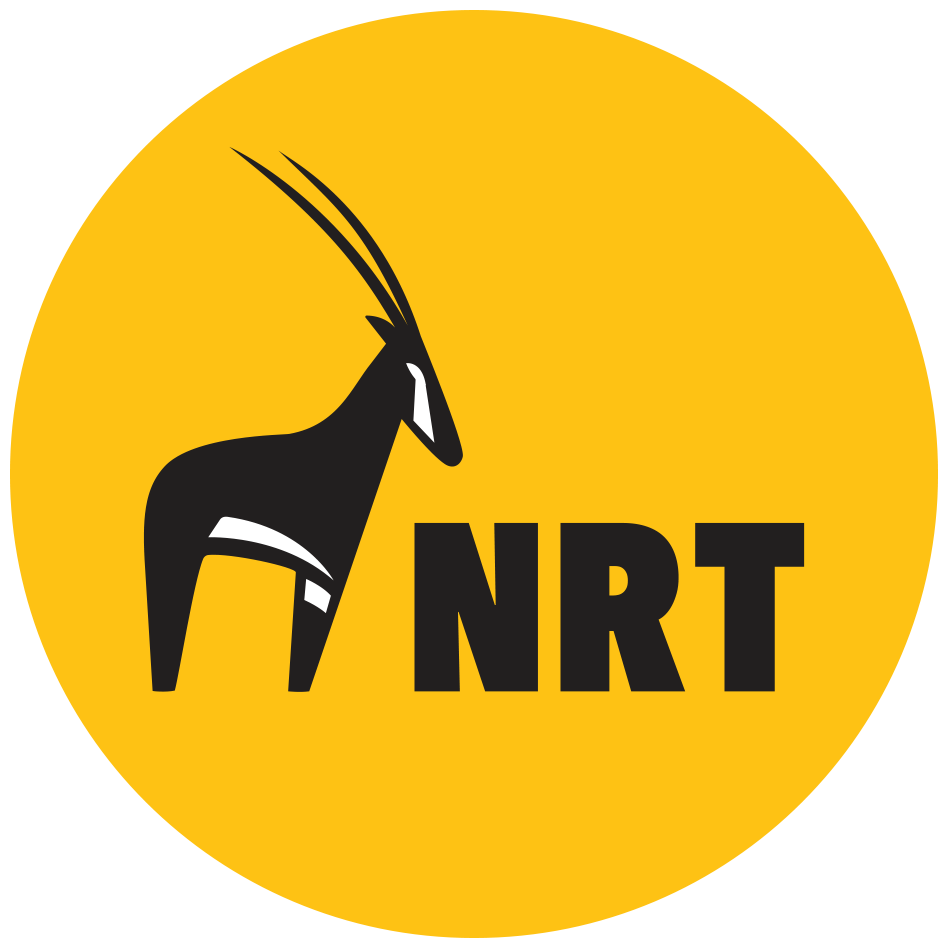Tidal Change for Women Fishers of Lamu - Press Release
Lamu community launches programme to enhance women’s access and benefit from fishing, through a unique model of community-based conservation.
Pate Island, Lamu County — Women fishers from Pate Marine Community Conservancy in Lamu, a member community conservancy under the Northern Rangelands Trust umbrella, have received two fishing boats in a handover and Beach Management Unit (BMU) by-laws launch ceremony led by Lamu Deputy Governor Abdulhakim Aboud on Tuesday, 4 August that was followed by the opening of two temporary octopus closures on Wednesday, 5 August.
The boats are part of a strengthening fisheries co-management programme supported by the Northern Rangelands Trust (NRT), The Nature Conservancy (TNC) and USAID in collaboration with several partners, including, Lamu County Government, Kenya Wildlife Service, Flora and Fauna International (FFI) and Kenya Fisheries Service (KFS).
The programme seeks to reduce the obstacles encountered by women in participating and benefiting from coastal fisheries resources, such as traditional beliefs and norms that have confined women to the lowest end of the fish value chains. It also looks to deliberately consider the gender dynamics as women are underrepresented in fisheries data—most women in coastal communities perform diverse unpaid tasks such as mending nets, collecting bait, preparing food for fishers, and keeping accounts, which are unrecognized or undercounted.
The fishing boats will, therefore, address the existing inequalities in the fishing communities by enabling the women fishers to have more access to fisheries resources like their male counterparts, leading to increased household income and support. The boats will also enhance sea safety by enabling rescues and emergency support to women in the community including transport to hospital since boats are their main means of travel.
“As the county government, we are pleased to see that women are engaged in fishing, one of the main economic activities here in Lamu and this will boost their livelihoods. Women have the potential to change the society, they are the change we want within our communities. We are also proud to note that conservation of marine ecosystem is being spearheaded by our communities and we shall continue to partner and support these efforts,” said Lamu Deputy Governor Abdulhakim Aboud.
“We are happy to have received the boats, as heading out to the deep sea used to be a male-dominated field but with the two boats, we women of Pate Island will be able to fish and improve our livelihood,” said Amina Juba from Shanga Ishakani in Pate Island.
The ceremony also saw the launch of Beach Management Unit (BMU) by-laws and BMU financial management books (FM) for all the 20 BMUs in Lamu East Sub – county and registration certificates for all 41 BMUs in the county. These are very important instruments for empowering fisher communities to have legal mandate to operate their fisheries co-management functions. The by-laws were developed, by the fishers, boat operators and other beach stakeholders who traditionally depend on fisheries activities for their livelihood – who make the BMUs and endorsed by the county government.
“We encourage all fishers to fish in deeper waters where there is not only plenty of good fish, which fetch high prices, but this also helps safeguard the marine ecosystems that are nearshore,” said Nadhir Nashim, Pate Marine Community Conservancy Manger.
The two-day event was crowned by the opening of the temporary octopus closures. The closures — designed and implemented by the Pate Community — restricts octopus fishing in designated sites over a 3-4 months period to allow octopus populations to recover from fishing.
Pate is the first community in Kenya to implement temporary octopus closures. The 115hectares closure is resulting to bigger octopus catches and better market prices, at the same leading to improvement of marine habitat and other fish population. The octopus closures have catalysed adoption of fisheries co-managing approaches in the county with other communities already in the process of replicating the model. This approach aligns very well with Government of Kenya’s blue economy agenda as it advances community based approaches that compliment other national level interventions towards marine protection and fisheries management. In 2019, five times as many octopus were harvested by fishers in Pate Conservancy in the second opening of their seasonal closure.
Overfishing and habitat destruction are threatening Kenya’s marine ecosystems, and the livelihoods that depend on it. However, through well-designed and effectively managed marine areas, community institutions like Pate are proving marine conservation, improved livelihoods, and women empowerment are complementary.
“This is a unique partnership that is advancing equitable benefits to women from coastal fishing communities” added George Maina, TNC’s Africa Fisheries Strategy Manager.
“We are thankful to our partners for joining hands in not only empowering women but also conserving marine ecosystems that is a life-line for coastal communities like ours in Lamu,” said Isa Gedi, NRT-Coast Director.
About TNC
The Nature Conservancy (TNC) is a global conservation organization dedicated to conserving the lands and waters on which all life depends. Guided by science, we create innovative, on-the-ground solutions to our world's toughest challenges so that nature and people can thrive together. We are tackling climate change, conserving lands, waters and oceans at an unprecedented scale, providing food and water sustainably and helping make cities more sustainable. Working in 72 countries, we use a collaborative approach that engages local communities, governments, the private sector, and other partners. To learn more, visit www.nature.org.




